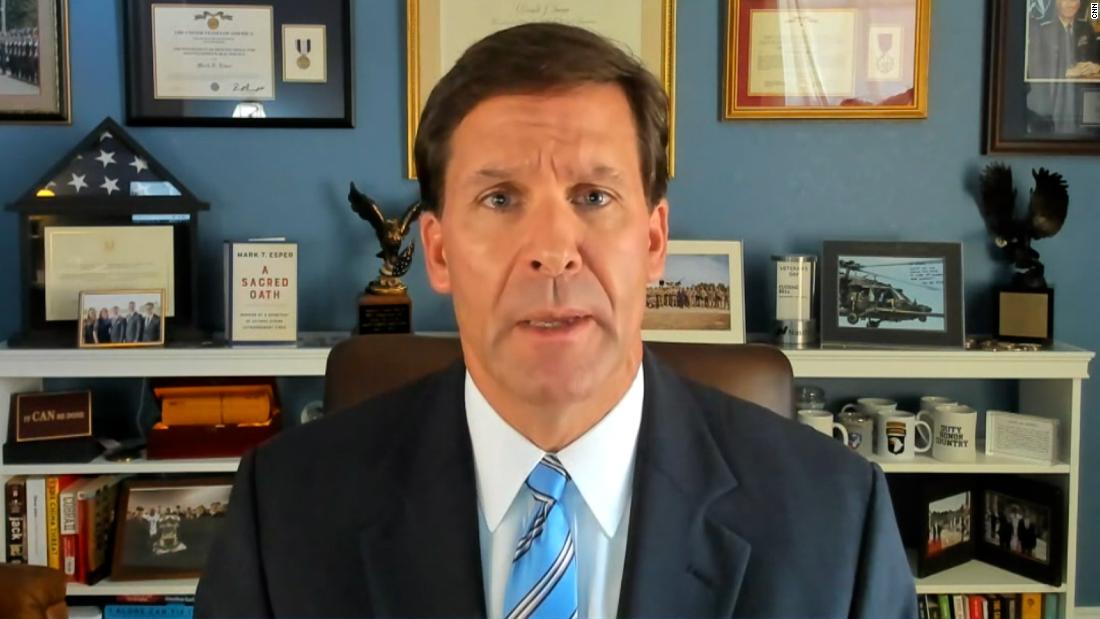Police ‘Defunding’ Movement Spreads to Campuses
In response to calls for reform, the University of California police force is creating independent accountability boards and other measures to boost transparency. But some students and profs say on-campus policing should be abolished altogether.

Following campus and nationwide protests against police violence, the University of California (UC) system will make significant changes to campus policing practices, adding new independent accountability boards, mandating public disclosure of more law enforcement data, and elevating the role of mental health and social service professionals, UC president Michael V. Drake has announced.
But some students and professors across the ten UC campuses say the plan — which rejects protesters’ calls to abolish campus police and redirect funds to “alternative safety approaches” — doesn’t go far enough, The Los Angeles Times reports.
Similar calls, mirroring the nationwide movement to “defund” police forces, have surfaced in other campuses across the country.
Crafted after two symposiums on policing practices, the California plan outlines four broad guidelines, instructing campuses to implement them by June 2023.
Goals include establishing independent police accountability boards to investigate complaints at each campus; implementing a UC dashboard that displays data on campus crime, use of force, police stops and complaints against officers; revising the definition of campus safety to include mental health, hunger and homelessness protection; and pursuing a “vision of campus safety as a service to the diverse community rather than a more narrow view as law enforcement.”
Some UC community members criticized the symposium’s composition, arguing most members were advocates of incremental changes over broad reforms. Others, like UC Riverside professor Dylan Rodriguez, called the process of devising the report a “dog-and-pony show.”
“It was administrative performance … to try to create a vast public systemwide image that was responding to the massive global rebellion against police legitimacy and anti-Black police powers” last year, Rodriguez told the Los Angeles Times.
The UC system, like other campuses across the country, has faced renewed criticism for high-profile cases of police misconduct. Officers were criticized for pepper-spraying peaceful protesters at UC Davis in 2011. Police behavior during student demonstrations against tuition increases over the years, as well as the handling of strikes last year by UC Santa Cruz graduate students demanding higher pay, have also received condemnation.
This pattern — anti-police activism, minor modifications to campus police, widespread disappointment and activism in response — is playing out on campuses across the country.
As the school year begins, campus police chiefs like UC Davis Chief Joe Farrow, who said the report was “carefully balanced” and “well thought out,” face the frustration and fear of thousands of students who are disappointed with the state of campus policing.
At Johns Hopkins University in Baltimore, students protested after the school announced the creation of a private police force, which they intend to develop with the assistance of Massachusetts police commissioner, Branville Bard Jr.
The College Post reported that the decision also angered some surrounding Baltimore residents like Donald Gresham, who called John Hopkins’ decision a “plantational” move that would disproportionately affect people of color.
“This institution doesn’t hear anything besides its own voice,” Gresham told The Baltimore Sun. “They’re not listening to us.”
The University of Iowa, like the UC system, recently released a slate of recommendations of “reimagining” campus safety, CBS Iowa reports. Among the chief recommendations is what school officials are calling the “holistic approach,” which encourages officers to lean on another person — like a mental health professional — to assist crime victims.
Graduate student Luke Perez, who is a member of the University’s “Cops Off Campus” committee, told CBS Iowa that he’s disappointed in the final recommendations.
“I don’t think it goes far enough,” Perez said. “Specifically, it completely ignores the defunding aspect of police departments engaging with campus policing. We don’t think it actually holds the university accountable for any of these actions proposed in the holistic approach to campus safety.”
Perez’s comments echo those heard on UC campuses, where academics like Rodriguez worry that the plan might worsen racial and gender profiling. Because the plan doesn’t specify how members of the accountability boards will be selected, he said he’s concerned the decision will fall to top administrators, who might favor more moderate appointees.
UC officials, though, continue to defend a continued role for campus police. University officials previously said in a Q&A that “campus police are better positioned to respond to problems than city or county law enforcement because they are often UC alumni who know the community and understand its complexity and myriad safety needs.”
Eva Herscowitz is a TCR Justice Reporting intern.

 Landwebs
Landwebs 




















